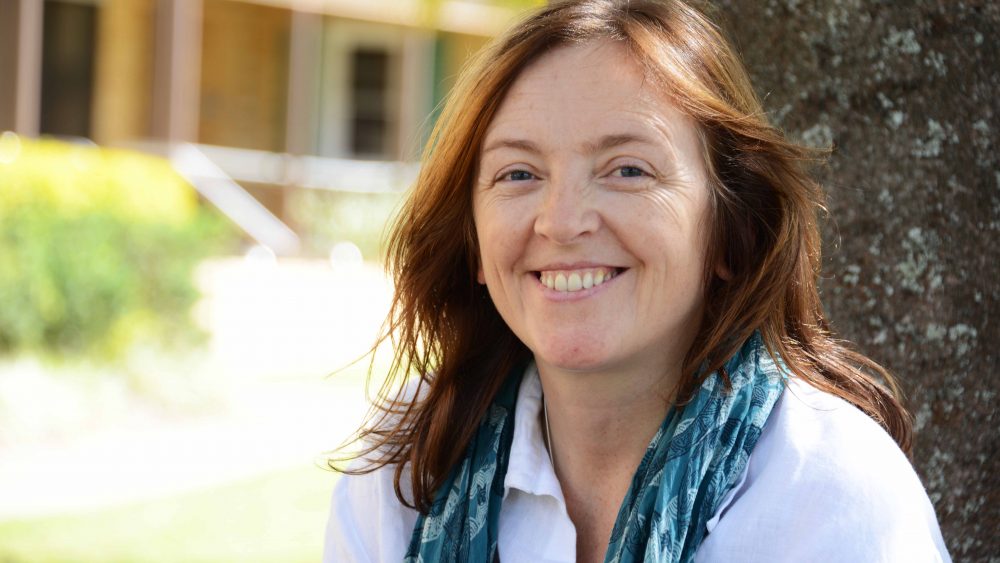New theology centre to forge safer path for Catholic Church
Training more people in their faith should help change culture and control issues
The need for the Catholic Church to forge a new path in the wake of the Royal Commission into Institutional Responses to Child Sexual Abuse is being addressed with a new centre in Brisbane specialising in short courses in theology.
The Xavier Centre for Theological Formation, to be launched on August 24, will operate nationally as a part of the Australian Catholic University, offering short courses for lay people as well as doctorates and research degrees for clergy.
Its director, Maeve Heaney, who is a consecrated member of Catholic community Verbum Dei, says it’s important for lay people and clergy to study together because it will help create a more theologically informed and transparent church.
“Sometimes it has been probably a form of control where ‘we know and you don’t.’” – Maeve Heaney
She says the demand for theological courses from various faith organisations has gained momentum over the past five years and the Xavier Centre is a way to respond to that call.
“The road forward is not an easy one right now,” she tells Eternity. “The factors that led us here are deep and far-reaching and complex, so the way forward will not be easy, there’s no one solution.”
However, she says, when being Catholic was about “bums on seats,” it created a split between the people who studied theology and those who didn’t, which helped create passive congregations.
“Sometimes it has been probably a form of control where ‘we know and you don’t.’ Other times, I’ve seen priests who would have loved more help, but it just wasn’t in our DNA. I think that time has gone,” she says.
In today’s sceptical and ill-informed culture, it’s important for every adult Christian, whether in ministry or not, to be able to think through their responses to the questions people have in line with 1 Peter 3:15 – “Always be prepared to give an answer to everyone who asks you to give the reason for the hope that you have.”
“I mean, culture changes slowly; it’s really easy to say that [child sexual abuse] shouldn’t have happened – and it shouldn’t have happened and nothing is going to justify it – but agency takes a while and … education can only help towards that.”
“We need to be able to explain to ourselves why we have faith and what faith is, so to be an adult Christian I do think at some stage everybody needs some theological formation,” Heaney says.
“It doesn’t have to be a full degree, but some teaching around how to understand our faith, how to understand the church, how to read Scripture, what about the disciplines, what about the dogmas, where do they come from, why do I need them? I think it’s essential and I think it’s exciting that people are beginning to say they need to know. And I think that will help us to be more accountable.”
Heaney believes creating greater transparency in the church will take time, but giving laypeople the knowledge to ask for it will help.
“I mean, culture changes slowly; it’s really easy to say that [child sexual abuse] shouldn’t have happened – and it shouldn’t have happened and nothing is going to justify them – but agency takes a while and … education can only help towards that.”
She believes the centre will not only be a benefit for laypeople but for the whole church.
“What I’m saying is part of the Xavier Centre’s aim will be to open spaces for lay people and future clergy and clergy are learning together so that we have a communion space.”
“So it’s not ‘clergy have the power – let’s give lay some power and then let’s see how we fight it out’ – that’s unhelpful … but I think if we open spaces where they learn together, men and women, lay and clergy, then it’s just more normal, and we’re being gifted together towards a church with a communion with different roles.”


